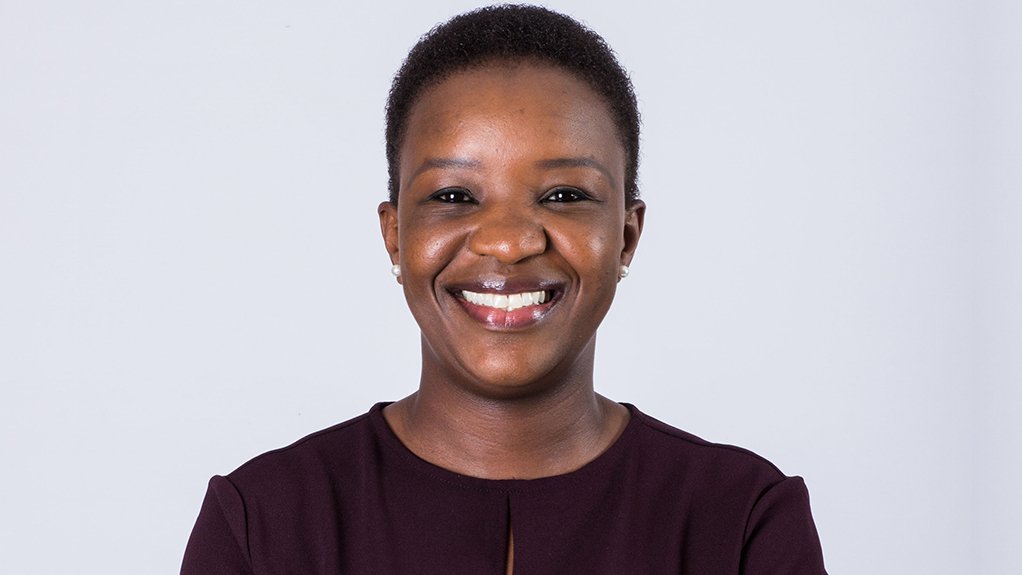Ahead of South Africa’s national elections on May 29, Business Leadership South Africa CEO Busi Mavuso says regardless of changes to government, the what businesses need to thrive does not change.
She expresses confidence, in her latest weekly newsletter, about the country realising its potential in the next 30 years, following a divided prior 30-year era of remarkable transformation and growth but also much regression economically and in terms of State institutions.
Mavuso elaborates that the State Capture era made it clear what happens when there is bad leadership and bad policy. “If you want a business environment that generates growth and employment, government needs to regulate effectively, empower the private sector to invest and ensure public services work.”
She says businesses were able to thrive when the country regularly recorded economic growth rates above 5% around 2008, boasting an investment-grade credit rating and a sovereign debt to gross domestic product (GDP) ratio of 24%.
The country also had an unemployment rate of just under 20% and per capita GDP of $8 800 in 2011.
However, these figures have been sliding backwards ever since, with South Africa’s debt-to-GDP ratio sitting at 75%, economic growth coming in at under 1% and unemployment sitting at 32%. This while GDP per capita has fallen to $6 130.
Equally, the business environment has deteriorated sharply owing to energy unavailability, logistics inefficiency, underperforming public services and alarming growth rates of extortion and corruption.
This compares to businesses benefitting from broadly market-friendly policies and the opening of global markets post-Apartheid, as well as from cheap and abundant electricity and better-performing ports and railway systems.
“The global financial crisis of 2008/9 and the coming into office of Jacob Zuma signalled the end [of improving performance],” Mavuso says, adding that these two factors compounded to damage the business environment.
She explains that, while the economy was suffering from a commodity prices slump and a global slowdown in economic growth, Zuma and his kleptocracy started infiltrating State-owned enterprises as targets for rent-seeking.
Mavuso continues that institutions of accountability were next to fall as the State Capture machine sought to evade any consequences for stripping State resources.
“The relationship between government and business fell to a low point during this period. When the Zuma government ended, business was ready to lean in to support reconstruction efforts.
“Organised business has since partnered with government on many fronts, including on the power and logistics crises. We are finally seeing the fruits of extensive changes in the electricity sector that have enabled investment by the private sector in new renewable energy production,” Mavuso notes.
She adds that these successes give her hope for the country’s next phase of development and urges the incoming government to get the policy framework right.
EMAIL THIS ARTICLE SAVE THIS ARTICLE ARTICLE ENQUIRY
To subscribe email subscriptions@creamermedia.co.za or click here
To advertise email advertising@creamermedia.co.za or click here











